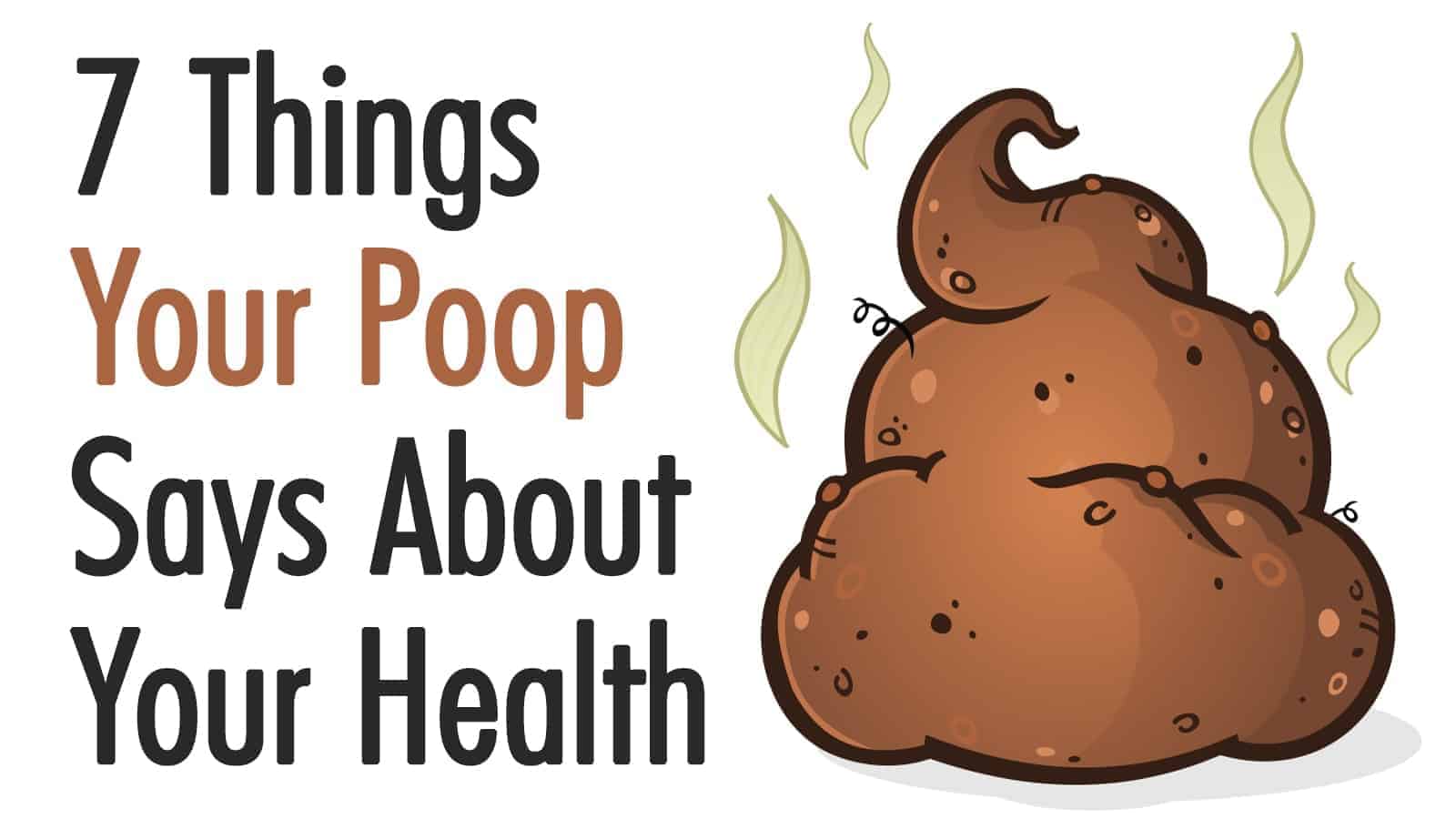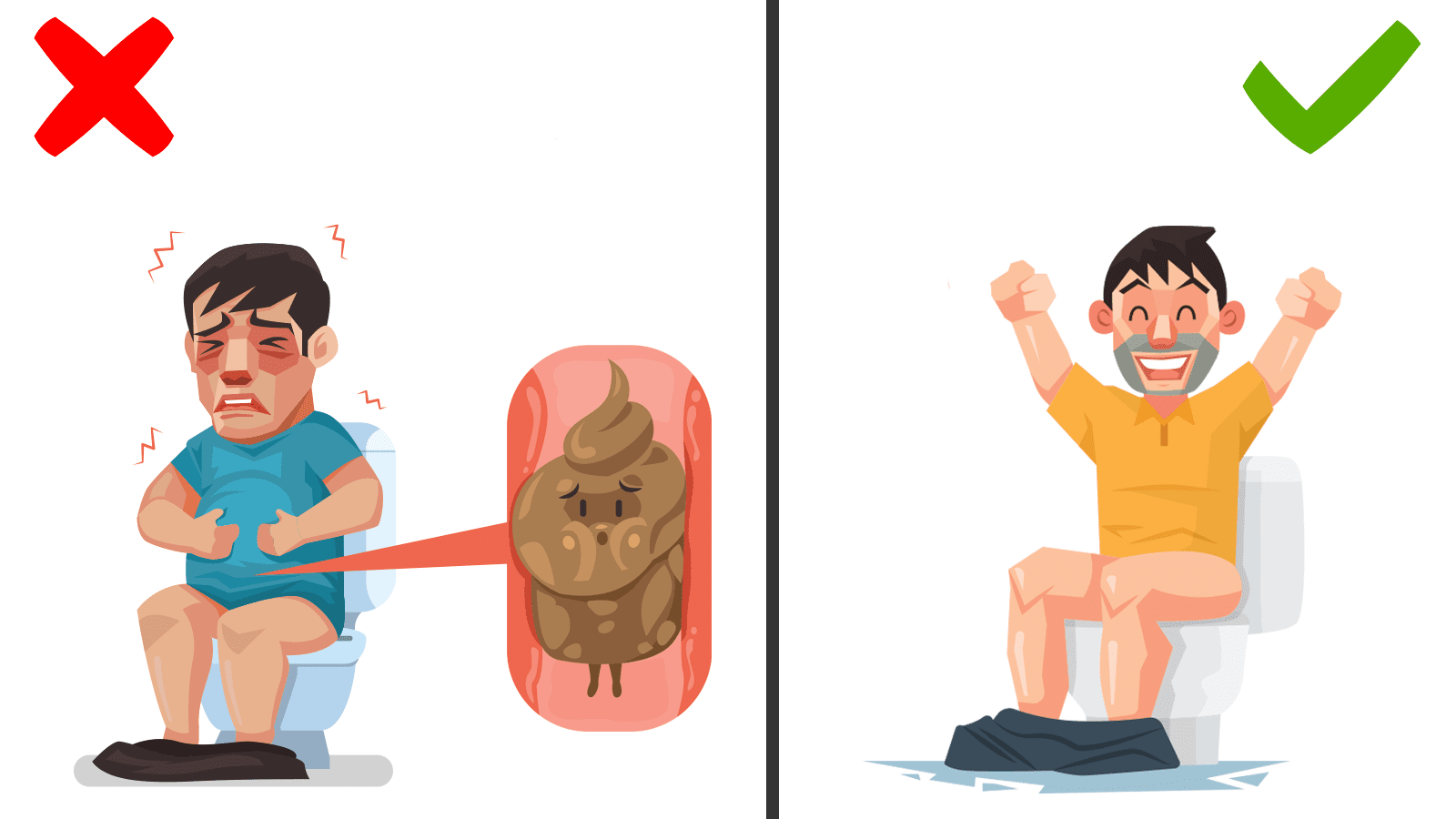Talking about poop is uncomfortable for some people unless you’re dealing with potty training. It is a messy subject to tackle and might even be regarded as an inappropriate topic for discussion. For others, talking about poop may elicit a laugh or an embarrassing giggle. While no one takes poop talk seriously, the topic is actually very important to your health.
With a growing interest in the human body’s gut health, scientists and doctors are no longer dismissing poop talk and keeping it behind closed doors. They have come out in the open and are now saying that you should discuss and carefully study this often-overlooked bodily function. In fact, it is the key to our health, as per The Guardian.
More than half of the human body is apparently made up of microbes. The most concentrated part of these microbes exists in the bowels, according to the BBC report. Pooping is the body’s way of naturally eliminating these microbes and toxins. It’s a normal process that every human experiences pretty much every day so why must it be embarrassing to talk about it?
Do you know how to analyze your poop? What can you discover about your health when you pay attention to your pooping habits? Here are some things to keep in mind about your poop’s health.
7 Things Your Poop Says About Your Health
1. The composition of the microbes in your poop is critical to your health
The microbes inside your body comprise cells, bacteria, fungi, and viruses. This is known as the microbiome, where the “bugs” outnumber the cells with a ratio of 1.3 to 1, as per a study in the journal PLOS Biology. But the ratio of other microbes to cells may be higher, depending on how often you poop.
So, if you don’t poop regularly, the accumulation of bugs in the microbiome may impact your health and well-being. These bugs are critical because they contain both good and bad bacteria. The good bacteria are responsible for boosting your immune system. The bad bacteria may contribute to developing diseases like autoimmune disorders, diabetes, hypertension, inflammatory bowel disease, and even mental health disorders.
2. Fecal transplant exists and may help people with a severely unhealthy gut
Your microbiome builds up as soon as you start consuming food at birth. As soon as you learn to eat solid foods, your microbiome has been primed and prepared for your development as an adult. So, what you eat impacts the microbiome’s composition, which in turn influences your body’s metabolism.
If you’re fond of eating foods rich in artificial sweeteners, fat, fiber, and sugar, the microbiota in your gastrointestinal tract could be modulated, as per a study by National Institutes of Health. Your body’s hormone production may increase, which may then dictate the rest of your bodily functions.
Research at the University of Newcastle also shows that an imbalance in your microbiome affects how food tastes in your mouth. This explains why you’re more partial to eating foods others might not like. Needless to say, your food choices impact your nutritional needs.
Scientists, to this day, are still discovering new things about the gut. But given the insights above, they have made it possible to facilitate a fecal transplant to help those with severe gastrointestinal problems. A fecal transplant involves the transplantation of poop bacteria coming from a healthy person to a recipient. Although that might sound gross, it could become a widely accepted treatment procedure for various diseases in the future.
3. The changes in your poop’s color show the state of your health
It’s normal for poop to change color every day. The color will help you analyze if there are alarming concerns that you should look into. Some color tones that reflect the fall season – such as brown, yellow, and green – are usually normal. But you need to get yourself checked as soon as possible if the color of your poop is deep red, black, or whitish-gray.
- If your poop is BROWN, you’ve got a healthy gut and digestive system. You’re good!
- If your poop is GREEN, it means that you’ve been eating a lot of vegetables with high chlorophyll content. It’s also possible you’re taking more food and supplements with green coloring. But sometimes, your feces may turn green even if you haven’t eaten any vegetables. This may mean that your digestive tracts quickly processed the content with little or no bile and bilirubin.
- If your poop is YELLOW, you may have eaten plenty of carrots or drank yellow-colored liquids. But it may also indicate poor fat absorption in your bile ducts. Yellow bowel movements may sometimes be a sign of cystic fibrosis, celiac disease, or pancreatitis.
- If your poop is RED, it’s a cause for alarm because that could indicate the presence of blood. Your tissues may be damaged, causing bleeding. In some cases, blood in the poop are symptoms of hemorrhoids, colitis, or cancer.
- If your poop is BLACK, it’s likely because of the medicine you’re taking, like iron or ibuprofen, or you may have been eating plenty of blueberries and licorice. But it may also be a sign of internal bleeding, so get yourself checked, especially if you feel anything odd or unusual in your stomach.
- If your poop is WHITE or a shade of gray, it might be a symptom of problems in your liver and gallbladder. You should get tested for gallstone formation, blocked bile ducts, cirrhosis, or Crohn’s disease.

4. The shape of your poop also gives doctors hints about your health
Specialists who read the medical tests of your poop rely on the Bristol Stool Scale to figure out if there’s something wrong with your health just by looking at its shape. This scale was developed in 1997 by experts from the University of Bristol.
· Soft and smooth
A normal and healthy poop resembles a soft, smooth, and evenly-shaped sausage. This shows that you’ve been eating a balanced diet, doing physical activities, and avoiding stress.
· Many small solid lumps
You’re constipated if your poop resembles peanuts or pellets or looks similar to goat feces. You need to increase your fiber intake if this is the case.
· Large and bumpy lump
This stool shape also indicates constipation and lack of fiber. It may also mean that you’ve been sitting too long and you’re not doing any physical activities. You have to eat more vegetables and fruits, as well as do exercises regularly.
· Pencil thin
When you have a narrow poop shaped like a pencil, visit a doctor immediately. This may be a symptom of a type of colon cancer.
· Small and lumpy, but soft
You suffer from diarrhea if your poop is small, lumpy but soft. Try eating a banana or crackers, as well as low-fiber foods for the meantime.
· Fluffy, flat, and ragged
You also have diarrhea if your poop is fluffy, flat, and ragged. You should take medications and drink lots of water instead of eating bananas. If this condition persists after two days, visit a doctor.
· More liquid than solid
A poop that’s more liquid than solid is full-blown diarrhea. Visit your doctor to get tested for food poisoning or lactose intolerance so you can get the proper treatment.
5. The unusual smell of your poop is also a red flag for a possible health problem
Your feces include a combination of digestive gases like carbon dioxide, hydrogen, methane, nitrogen, and sulfur. It ferments in your colon and produces bacteria, so poop generally smells because of these combinations. However, if the stench is stronger and worse than usual, it may indicate problems in your digestive system.
For one thing, you’ll likely be constipated if your fecal odor is strong. The smell is a hint that your poop has stayed inside your digestive tracts far longer than it should be.
But if you’ve been to a foreign country for a trip and have developed foul-smelling poop, consult a doctor as soon as possible. You need to get tested for a bacterial, parasitic, or viral infection.
6. You may need to change your diet if your poop that floats in the toilet bowl
You might need to change your diet if your poop doesn’t sink in the toilet. According to the Cleveland Clinic, you’re likely more gassy than normal if your fecal matter keeps afloat and stays like this for several days. It’s also possible your body isn’t absorbing the nutrients well or you may develop a gastrointestinal infection.
7. You don’t need to poop every day
It’s not a huge concern if you ca unable have bowel movements every day, as long as your poop isn’t hard and painful or its color and stench are not unusual. According to a study found in the American Journal of Gastroenterology, people are still in the average range when they poop somewhere between three times a day to three times per week. If you’re in this range, then there’s no need to see a doctor unless you have other stomach issues.
Final Thoughts On What Your Poop Says About Your Health
Now that you have some ideas on analyzing your poop, consider visiting a professional to talk about this often-avoided subject. If you’ve got a good doctor, he or she will guide you on how to actually look at your stool to improve your health apart from the tips above.
Some people wait too long to seek a consultation, while others don’t consider it until it’s too late and they’ve got an irreversible condition. Apparently, a lot of discomforts about bowel problems go unreported.
For instance, a study from the experts at the Loyola University Health System revealed that fecal incontinence is actually a widespread condition affecting older women in the U.S. But this problem has yet to come to the public’s awareness. Other illnesses related to poop don’t get enough attention as well.
People don’t usually go to their doctor for advice on how to make their poop healthier because it’s odd and embarrassing. But doctors are now telling their patients to never feel awkward about it. There’s a good chance your doctor has heard of worse bowel problems than yours. So, if you do feel something in your gut, don’t hesitate to open up a to a professional.





















